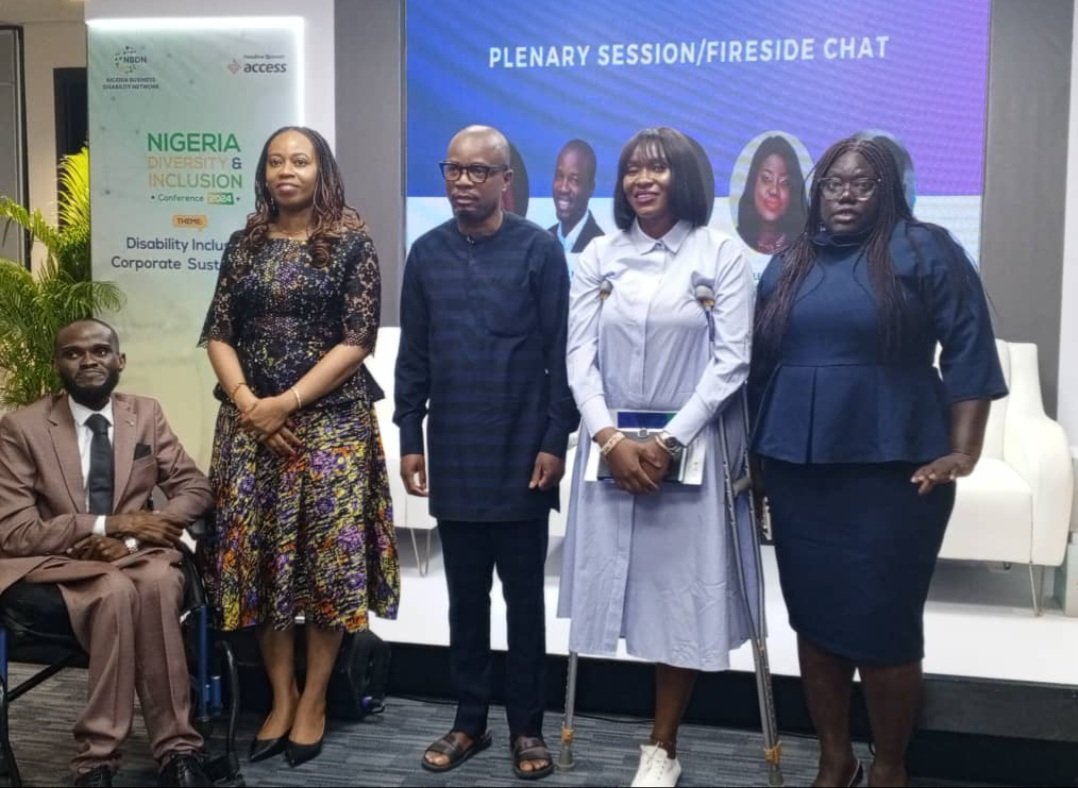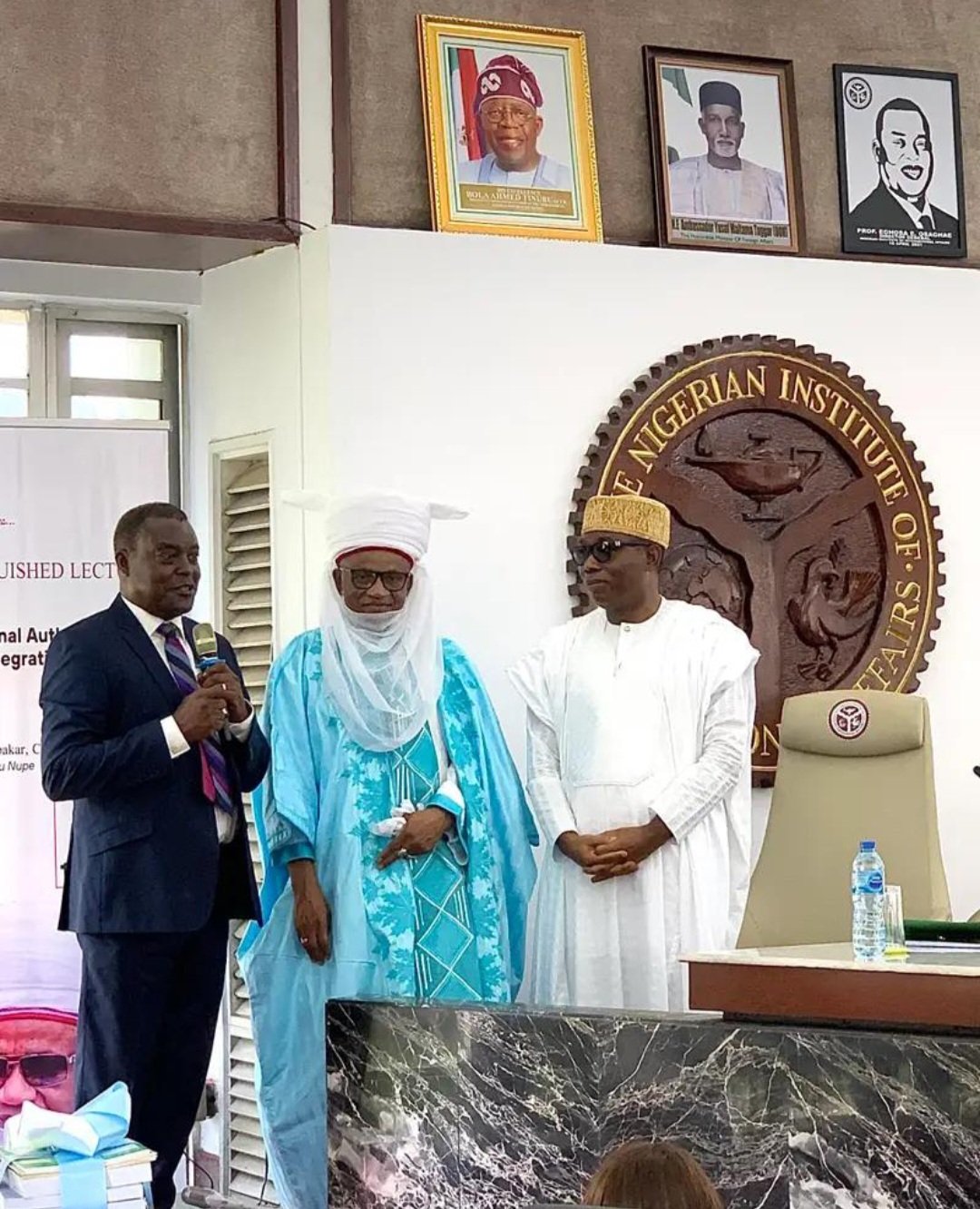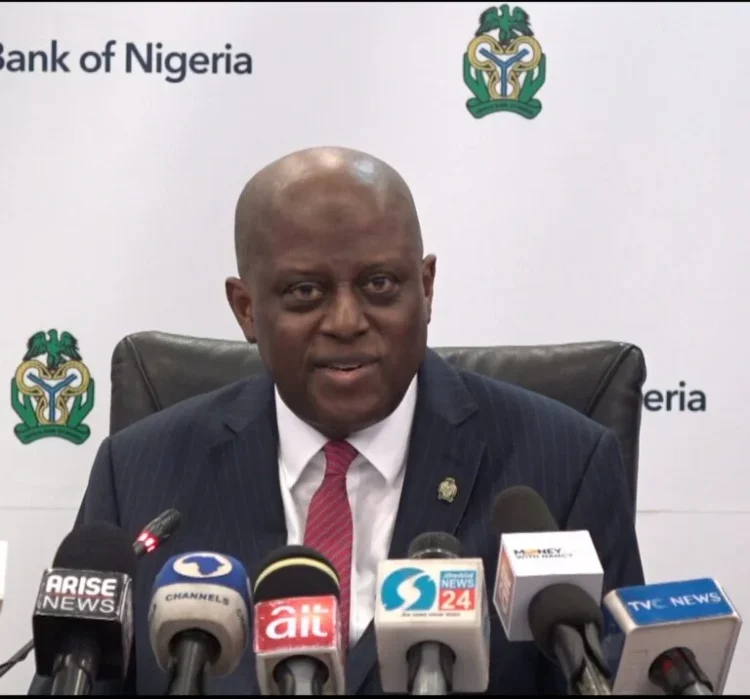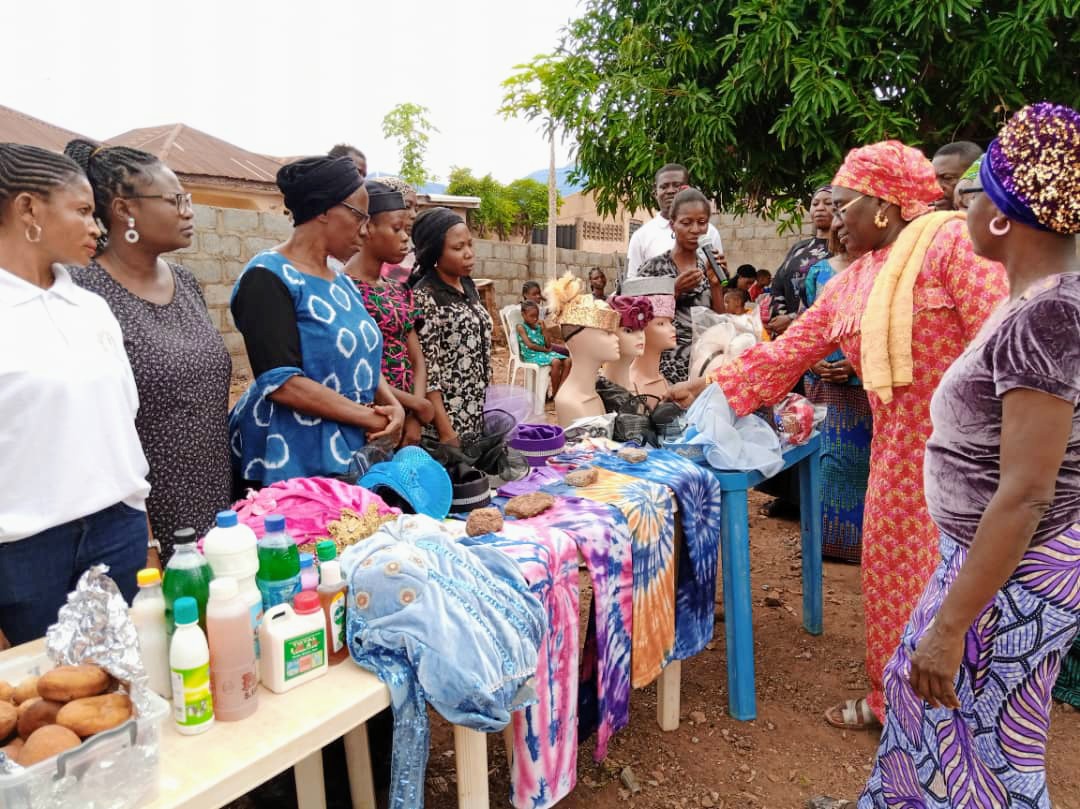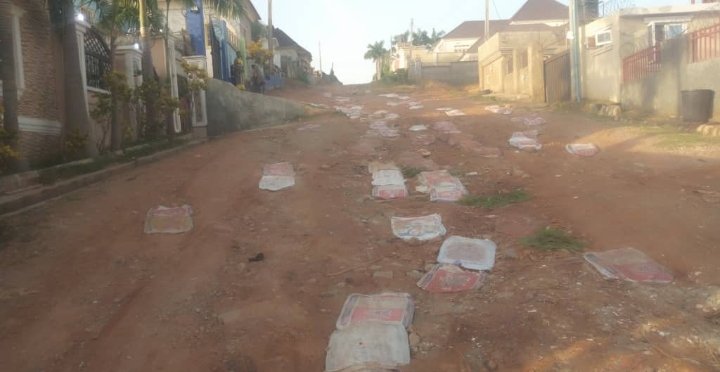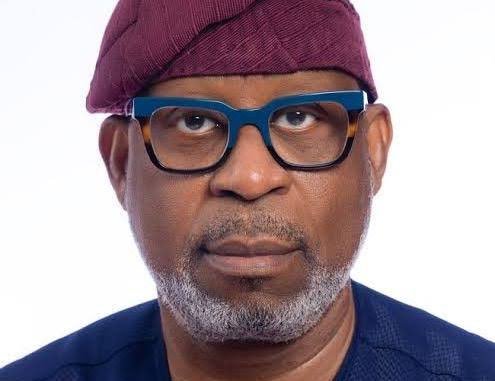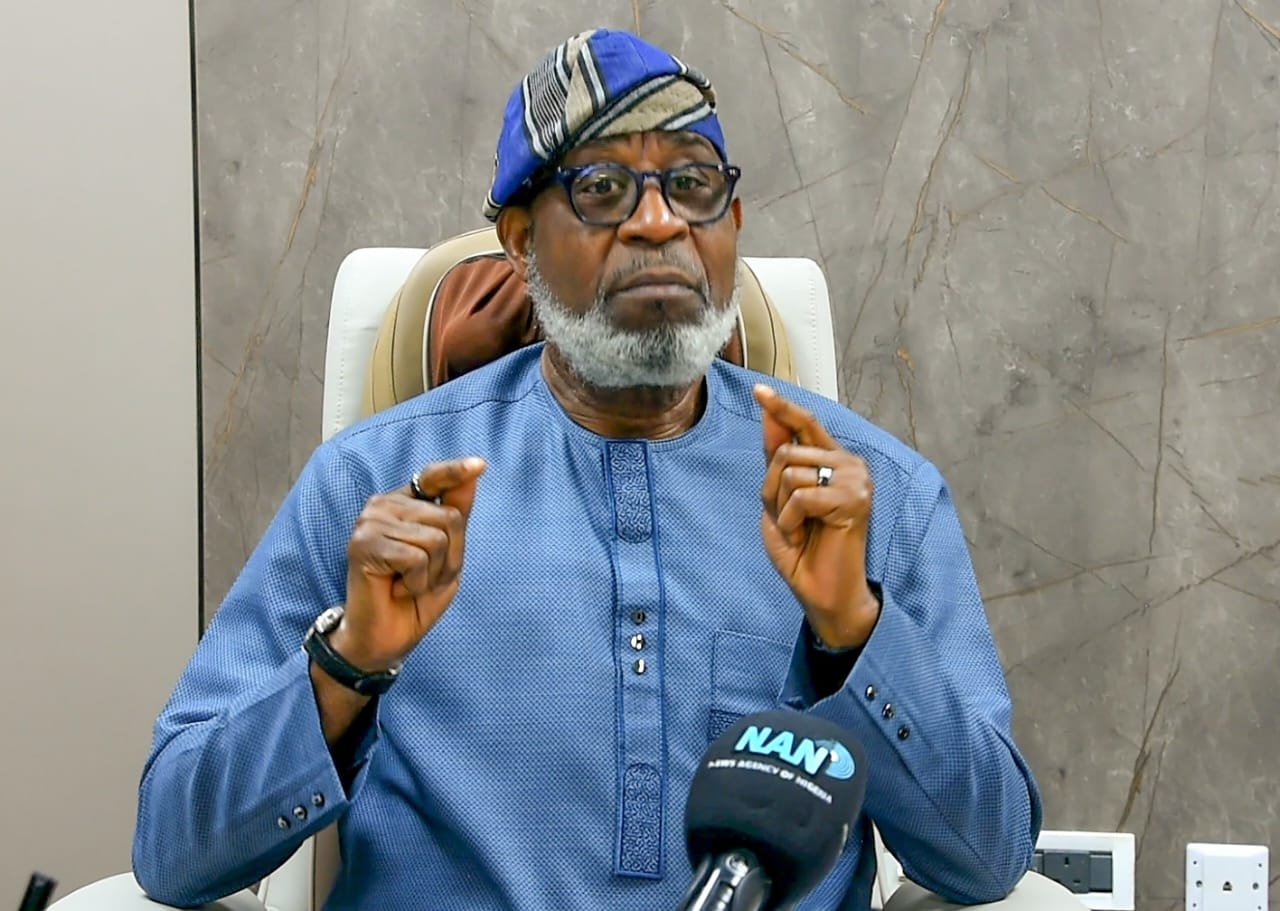Some NGOs, Rasaq Okulaja Empowerment Initiative and Helpline Social Support Initiative, have empowered sixty widows with self-sustaining skills in the Federal Capital Territory (FCT) , Abuja.
The widows were trained on tie and dye, soap, turban and Snacks making among other skills, during a second memorial empowerment and exhibition programme by the NGOs on Sunday.
The President of Helpline Social Support Initiative, Dr Jumai Ahmadu, said that the empowerment was part of activities to mark the two years memorial of late Rev. Rasaq Okulaja.
Ahmadu said that the training was also designed to eradicate poverty among widows.
According to her, the empowerment is also to give the widows and young girls an opportunity to be a better version of themselves.
She advised the beneficiaries not to be ashamed of what they were doing to support themselves financially.
To get the full benefits of the acquired skills, Ahmadu advised the widows to group themselves into clusters to enable them share facilities, access financial support and organise step down trainings to other vulnerable groups.
She also encouraged the widows on good packaging and marketing for their products to gain acceptability among the targeted consumers.
“You also need to register your businesses with the Corporate Affairs Commission (CAC). Helpline will assist intending participants who have adequately packaged themselves with the registration.
“Try to be a better version of yourself and improve yourself at all times and form clusters so that you can work as a team and easily connect with customers.
“I promised that next year, we will expand this exhibition and take it to the Old Parade Ground, Garki to accommodate more participants, ” she said.

Extolling her late husband, Mrs Toyin Okulaja, described him as a man that loves impacting on the lives of people.
“After he died, we decided to establish an empowerment initiative after his name to keep his legacy alive, and continue to impact and transform the lives of the poor and vulnerable in our communities.
“We empowered 50 women and young girls in 2023 with different skills and today they are exhibiting their products.
“This year, we decided to support only widows with self-sustaining skills, food items and a little cash to support their lives because they are going through a lot,” she said.
She expressed joy over what the beneficiaries of the first edition of the empowerment were able to do with the skills they acquired.
She said: ‘seeing what they exhibited I am glad. I am so happy that at least, we were able to empower people, who are also empowering others.
“Some of them can now feed their families and pay their children’s school fees, so, we are encouraged.”
One of the beneficiaries of the first edition of the empowerment, Judith Ogbosi, a single mother of three, said that the support helped to expand her salon business and she had employed five staff.
Another beneficiary, Victoria Itodo, a 300 level student of the Federal University of Technology, Minna, said she learned how to make snacks.
Itodo, an orphan, said her snacks business was currently sustaining her in school and appealed for more support to enable her to expand.
Similarly, Mrs Rita Awolumate, a mother of three, said she was trained on how to make Zarah Caps, bridal bouche, and bridal tree, fan and fascinator.
“Life was difficult for me and my family before the empowerment because my husband is not working.
“But between November 2023 and now, God has been faithful. The skill is putting food on my table, paying the bills and paying my children’s school fees,” she said. (NAN)
Edited by Ese E. Eniola Williams




